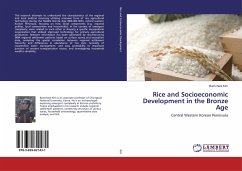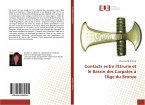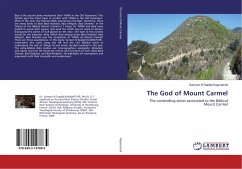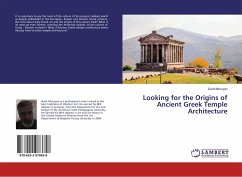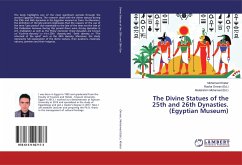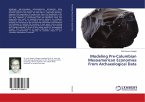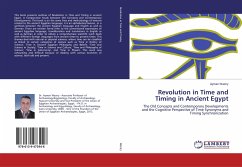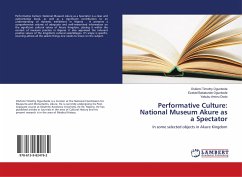This research attempts to understand the characteristics of the regional and local political economy utilizing intensive form of rice agricultural technology during the Middle Bronze Age (800-400 BCE), central western Korean Peninsula, focusing on how social components (e.g. regional polities, local communities and households), in the context of emergent complexity, were related to each other in shaping a specific sociopolitical organization that utilized improved technology for primary agricultural production. Relevant information has been generated by reconstructing MBA regional settlement patterns based on surface survey and excavation data, analyzing the spatial correlation between regional settlement hierarchy and differences in abundance of rice soils, necessity of cooperative water management, and easy accessibility to important junction of ancient transportation routes, and investigating household wealths variability.
Bitte wählen Sie Ihr Anliegen aus.
Rechnungen
Retourenschein anfordern
Bestellstatus
Storno

